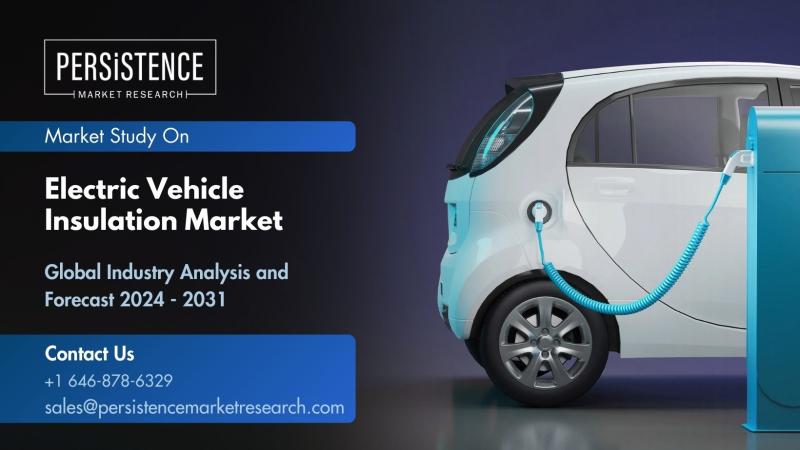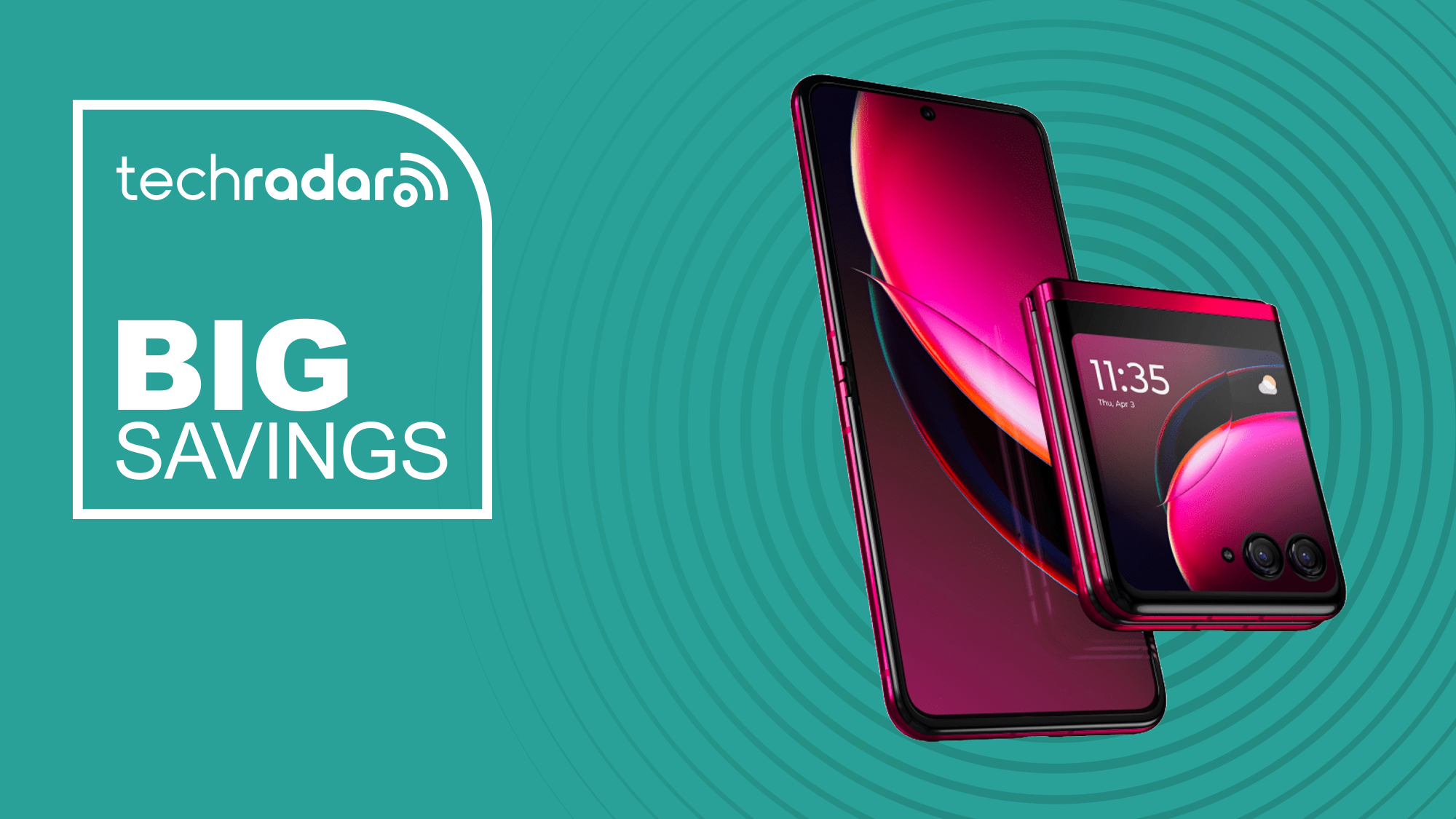✅Overview of the Market
The electric vehicle (EV) insulation market is witnessing exponential growth, driven by the surging adoption of EVs globally and increasing concerns over thermal management, battery safety, and passenger comfort. As EVs become mainstream, the need for effective insulation materials to manage heat, reduce noise, and ensure energy efficiency is becoming crucial. Insulation solutions are used extensively in batteries, under-the-hood components, passenger cabins, and power electronics to enhance vehicle performance and protect vital systems. According to the latest findings by Persistence Market Research, the market is projected to grow from US$7.4 Bn in 2024 to US$29.5 Bn by 2031, registering a CAGR of 21.7% over the forecast period.
The key growth drivers include rapid electrification of the transportation sector, government incentives for EV adoption, and increased R&D spending by automakers to improve battery efficiency. Among the insulation types, thermal insulation holds the dominant market share due to its critical role in preventing battery overheating and thermal runaway. Geographically, Asia Pacific leads the market owing to the robust automotive manufacturing base in China, South Korea, and Japan, coupled with strong government support for EV infrastructure. The region benefits from large-scale EV production, aggressive EV policy rollouts, and increasing investments in lightweight, high-performance insulation materials.
Get a Sample PDF Brochure of the Report (Use Corporate Email ID for a Quick Response): https://www.persistencemarketresearch.com/samples/34865
✅Key Market Insights
➤ Thermal insulation remains the leading segment as battery safety and temperature management are top priorities.
➤ Asia Pacific dominates the market with strong EV production and supportive regulatory frameworks.
➤ Passenger vehicles hold the majority share due to increasing consumer EV adoption and demand for in-cabin comfort.
➤ Growing integration of acoustic and thermal insulation enhances driving experience and battery longevity.
➤ Stringent safety standards and fire protection regulations are accelerating the development of advanced insulation solutions.
✅What type of insulation is used in electric vehicles?
Electric vehicles use a variety of insulation materials tailored for thermal, electrical, and acoustic performance. Common materials include polyurethane, fiberglass, ceramic fiber, and aerogels. Thermal insulation is primarily used in battery packs to maintain optimal temperatures and prevent thermal runaway, while electrical insulation protects high-voltage components and wiring systems. Acoustic insulation is often used in the cabin to minimize road noise. The choice of material depends on factors like temperature tolerance, dielectric strength, weight, and cost. With rising EV adoption, manufacturers are increasingly opting for lightweight, high-performance, and recyclable insulation solutions to improve efficiency and sustainability.
✅Market Dynamics
Market Drivers:
The key driver fueling the electric vehicle insulation market is the explosive growth in EV sales, driven by environmental regulations and growing consumer preference for sustainable mobility. With EV batteries operating under high temperatures, the need for effective insulation to ensure thermal stability and safety has intensified. Furthermore, noise reduction and vibration control have become essential as EVs eliminate the natural sound-dampening effect of internal combustion engines, increasing the need for soundproofing solutions.
Market Restraining Factor:
Despite strong growth prospects, high material and installation costs can restrict insulation adoption, especially in price-sensitive markets. Additionally, the lack of standardized insulation protocols across vehicle platforms and regions may hinder large-scale deployment. OEMs may also face technical challenges in integrating advanced insulation without adding weight or compromising performance.
Key Market Opportunity:
An emerging opportunity lies in developing advanced, sustainable insulation materials like aerogels and bio-based polymers that offer high efficiency with minimal environmental impact. These innovations align with automakers’ push toward reducing the carbon footprint and meeting future regulatory norms. Moreover, growing demand for premium EVs with enhanced comfort and performance will further boost market potential.
✅Market Segmentation
The electric vehicle insulation market is segmented by insulation type, application, and vehicle type. By insulation type, the market includes thermal insulation, acoustic insulation, and electrical insulation. Thermal insulation dominates due to its vital role in managing battery temperature, especially during high-load operations and charging cycles. Acoustic insulation is gaining traction as cabin noise in EVs is more noticeable due to the absence of engine sounds, enhancing passenger comfort. Electrical insulation remains a core component, ensuring the safe operation of high-voltage systems within EVs.
In terms of application, the market is divided into battery packs, under-the-hood components, interior cabin, and others. The battery pack segment leads in application share, as it is the most critical area requiring insulation for thermal and electrical safety. Insulation around under-the-hood components, including power electronics and motors, is growing steadily with the increasing sophistication of EV systems. Interior cabin insulation also represents a significant share, focusing on thermal comfort and noise reduction. By vehicle type, passenger cars account for the largest share due to the rapid rise in electric car sales globally, while commercial vehicles and two-wheelers are showing promising growth driven by last-mile delivery and shared mobility services.
✅Regional Insights
Asia Pacific stands as the frontrunner in the electric vehicle insulation market, backed by the rapid expansion of EV manufacturing hubs and favorable government policies promoting clean energy transportation. China, in particular, leads global EV production and has a robust supply chain for both EV components and insulation materials. Japan and South Korea are also contributing significantly with innovation-driven automotive industries. Europe is the second-largest region, propelled by strict CO2 emission regulations and strong incentives for EV adoption. Countries like Germany, Norway, and the Netherlands are key markets. North America follows, with the U.S. government’s push for EV infrastructure and tax credits driving adoption. Meanwhile, Latin America and the Middle East & Africa are still nascent markets but are expected to see gradual growth with increasing environmental awareness and investments in sustainable mobility.
✅Competitive Landscape
The electric vehicle insulation market features a competitive ecosystem with major players investing in product innovation, collaborations, and capacity expansions to meet growing demand. Many companies are focusing on lightweight materials, fire resistance, and recyclability to align with EV manufacturers’ requirements.
✅Company Insights
✦ DuPont
✦ Saint-Gobain
✦ Zotefoams PLC
✦ BASF SE
✦ Morgan Advanced Materials
✦ Elkem ASA
✦ Autoneum
✦ L&L Products
✦ Rogers Corporation
✦ Unifrax
✦ 3M Company
For Customized Insights on Segments, Regions, or Competitors, Request Personalized Purchase Options @ https://www.persistencemarketresearch.com/request-customization/34865
✅Key Industry Developments
Companies in the electric vehicle insulation market are rapidly scaling up their R&D to deliver materials that balance insulation performance, weight reduction, and sustainability. For instance, DuPont has launched next-gen thermal barriers for EV batteries with enhanced fire resistance and thermal control. Similarly, Saint-Gobain has introduced multilayered insulation solutions for both acoustic and thermal protection in EV cabins, offering improved driving comfort and energy efficiency.
In another significant move, Zotefoams PLC expanded its high-performance foam production capacity to cater to rising demand from EV manufacturers across Asia and Europe. BASF SE has entered into partnerships with major automakers to co-develop insulation materials that meet next-gen EV architecture requirements. These developments highlight a strong shift toward collaborative innovation and customized solutions for the evolving EV landscape.
✅Innovation and Future Trends
The future of the electric vehicle insulation market will be shaped by lightweight, multifunctional, and sustainable materials. Innovations are focusing on creating insulation solutions that serve thermal, acoustic, and electrical purposes simultaneously while being recyclable or bio-based. Aerogels and advanced foams with superior heat resistance and low density are gaining attention as they help reduce the vehicle’s overall weight and enhance battery efficiency.
Digital modeling and simulation tools are also emerging as key trends, allowing manufacturers to test and optimize insulation designs virtually before implementation. With the EV market expected to surpass 100 million units in the coming decades, next-generation insulation technologies will play a central role in vehicle safety, performance, and comfort. As battery innovations continue, insulation systems will evolve to meet higher energy densities, faster charging rates, and more compact designs, solidifying their importance in the electrified automotive future.
✅Explore the Latest Trending “Exclusive Article” @
• https://industrywire.news.blog/2025/07/02/automotive-camera-cleaning-system-market-technological-advancements-in-2025/
• https://medium.com/@apnewsmedia/automotive-camera-cleaning-system-market-trends-driven-by-adas-adoption-f2fa064b260c
• https://vocal.media/stories/automotive-camera-cleaning-system-market-impact-of-oem-and-aftermarket-demand
• https://apsnewsmedia.blogspot.com/2025/07/automotive-camera-cleaning-system.html
• https://www.manchesterprofessionals.co.uk/article/marketing-pr/96454/automotive-camera-cleaning-system-market-fueled-by-autonomous-vehicle-growth
✅Contact Us:
Persistence Market Research
G04 Golden Mile House, Clayponds Lane
Brentford, London, TW8 0GU UK
USA Phone: +1 646-878-6329
UK Phone: +44 203-837-5656
Email: sales@persistencemarketresearch.com
Web: https://www.persistencemarketresearch.com
✅About Persistence Market Research:
At Persistence Market Research, we specialize in creating research studies that serve as strategic tools for driving business growth. Established as a proprietary firm in 2012, we have evolved into a registered company in England and Wales in 2023 under the name Persistence Research & Consultancy Services Ltd. With a solid foundation, we have completed over 3600 custom and syndicate market research projects, and delivered more than 2700 projects for other leading market research companies’ clients.
Our approach combines traditional market research methods with modern tools to offer comprehensive research solutions. With a decade of experience, we pride ourselves on deriving actionable insights from data to help businesses stay ahead of the competition. Our client base spans multinational corporations, leading consulting firms, investment funds, and government departments. A significant portion of our sales comes from repeat clients, a testament to the value and trust we’ve built over the years.
This release was published on openPR.


